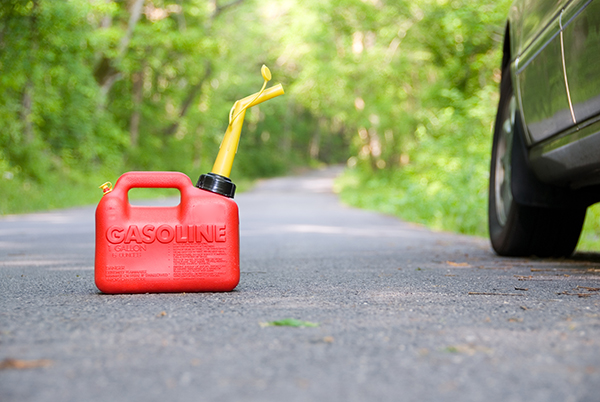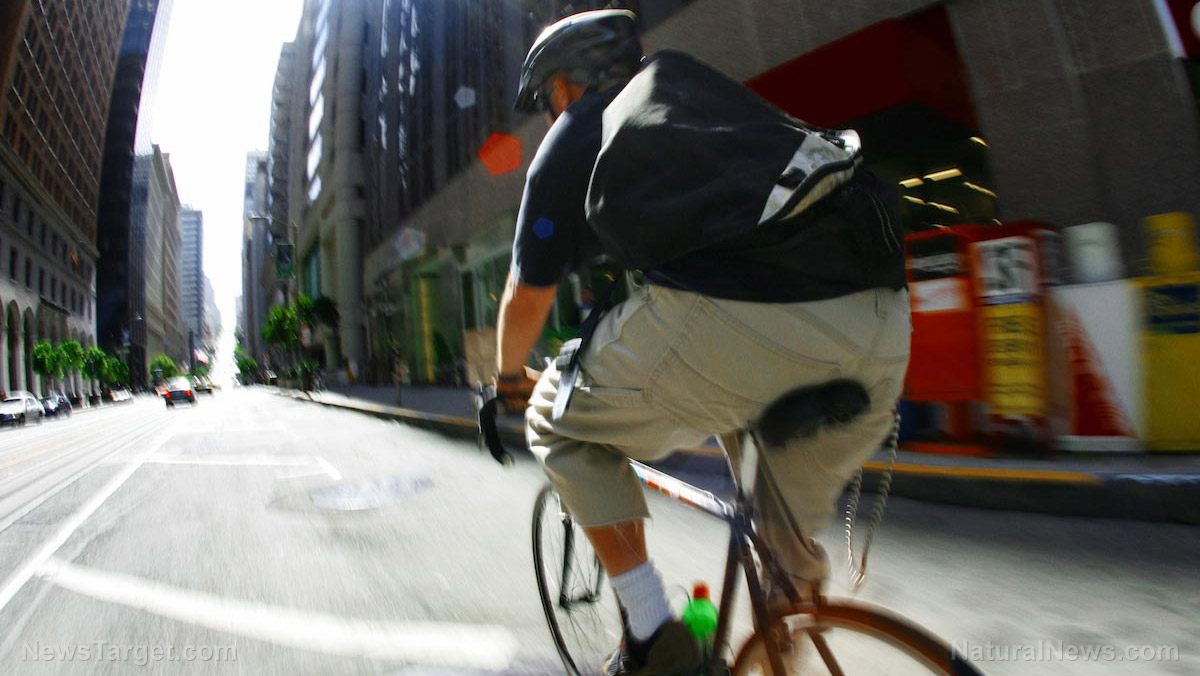
When disaster hits, you will find yourself constantly moving from one place to another. Even if you decide to bug in, your supplies can only last for so long. Therefore, it's important to know how to travel safely in a world where the rule of law no longer applies. Here are five factors worth considering when planning your escape. (h/t to Survivopedia.com)
Best routes and modes of transport
Major cities and highways should be avoided as they attract a lot of people. It's easy to get jammed in traffic and you have to stop at a lot of checkpoints. That said, if you're coming from heavily populated areas, you might find yourself in situations that force you to abandon your escape car. Walking can slow you down, especially as you're carrying your bug-out bag. Therefore, you need to prepare a back-up vehicle that can cover greater distances.
Many preppers recommend having a bicycle or a motorized bicycle, which you can hitch to your main car together with the rest of your supplies. Alternatively, you can hide it somewhere along your escape route.
When to travel
When traveling, you'll want to remain invisible, but staying outdoors in the daytime will not help you achieve that. A lot of people go out during the day, so it's easy to get caught up in a scuffle. You're also seen more easily at longer distances.
Traveling at night is your best option, but keep in mind that this has perils too. Looting usually happens during this time while the darkness can impair your vision and speed. However, you can minimize the risks by properly planning your trip. Know the best routes and survey them for potential hazards.
Once you're done prepping, remember that the best time to travel is when most people are deep in slumber, so that's between 1 a.m. to 6 a.m.
Setting up camp
Though you'll be constantly moving, at some point, you'll have to set up camp and get some rest. This has to be done during the day as you're traveling throughout the night. The cold shouldn't be much of a bother, but when SHTF in the middle of winter or fall, that's something you would have to contend with.
It's tempting to start a campfire but that's not recommended as it will give your location away. If it's necessary, you can make a smokeless survival fire, such as the Dakota fire hole. To do this, you would have to dig two holes and make a tunnel between them. One hole is for the fire while the other is to let the air in. Besides emitting less smoke, the Dakota fire hole is also easy to conceal.
What supplies to bring
Water is a must for survival but a jug can be bulky. A good alternative is to plan your routes where there are nearby lakes and rivers. Just have a portable water filter or purifying tablets in tow. These are lighter and take less space in your bug-out bag.
Furthermore, bring foods that are ready to eat to minimize the need for a campfire. Extra, functional clothing will also be useful, though make sure not to wear clothes that are too heavy as these may hamper your movement. (Related: Prepping your home with essential survival supplies.)
Scavenging for supplies
Whether you're bugging in or bugging out, scavenging supplies will be your norm, and it poses a high risk for both types of preppers. A good strategy is to start in the vicinity. You know the area very well, and it's easier to monitor if your neighbors are around.
You can increase your range once you've cleared the supplies in each house. But first, it's important to plan your trip as there are more risks involved. Though scavenging should be quick, rushing can lead you to make noise or injure yourself. Choose your gear wisely and carry a backpack with dividers in it. That can limit noise especially if you're carrying glassware.
While navigating the outdoors after SHTF carries a lot of risks, being well-prepared each time you go outside can help you better face challenges along the way.
Plan your escape with more tips from Preparedness.news.
Sources include:
Please contact us for more information.





















